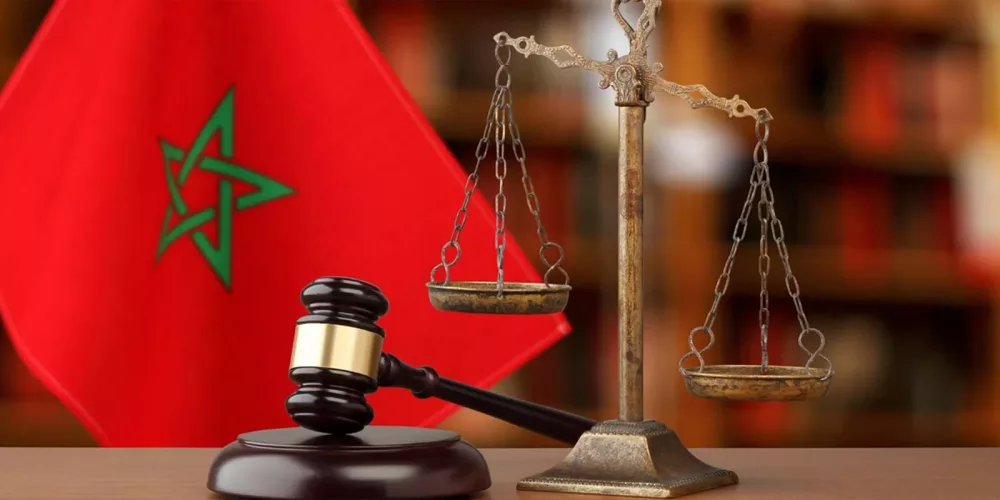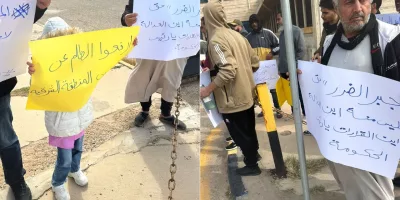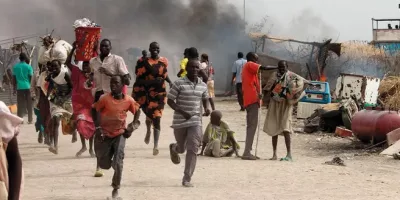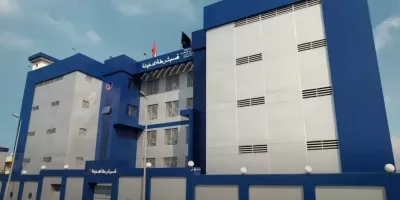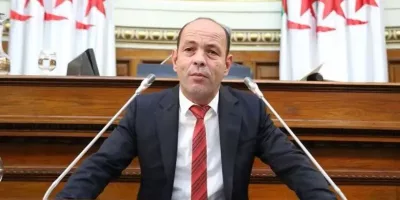Against the backdrop of an intense political and societal debate, Morocco is undergoing significant legislative changes that have raised serious questions about the future of freedom of expression and the mechanisms that ensure public oversight.
Several new bills have recently been referred to in parliament, including proposals to regulate the reporting of crimes and restructure of the National Press Council — that critics say could undermine transparency, weaken accountability, and restrict the role of civil society and investigative journalism in exposing violations and corruption.
The Committee for Justice has voiced deep concern over some provisions in these bills, particularly the draft Criminal Procedure Law, approved by the House of Representatives on May 20 and is now awaiting final approval from the House of Councilors. Article 3 of this draft law would limit the right to report corruption and the misuse of public funds to the King’s Public Prosecutor at the Court of Cassation — and only upon referral from the Supreme Council of Accounts, or requests accompanied by official inspection reports from certain government bodies. Opponents argue this provision effectively sidelines citizens and civil society from reporting such crimes, contradicting protections laid out in existing laws for whistleblowers and witnesses in cases of bribery, embezzlement, and abuse of power.
As Morocco’s independent press sector navigates a period of tension and multidimensional challenges, judicial and regulatory pressures are mounting, threatening freedom of expression and the independence of the media. This comes amid an institutional crisis at the National Press Council — the independent professional body established in 2018 to regulate the sector and uphold journalistic ethics. After the mandate of its members expired in 2022 without new elections being held, the government extended its term on a temporary basis, then transferred its powers to an interim committee tasked with managing press and publishing affairs for two years.
In this context, Draft Law No. 26.25 on reorganizing the National Press Council has sparked wide controversy following its adoption by parliament. Many actors in the media field view the bill as a step that could weaken the council’s independence and restrict its role in safeguarding press freedom and regulating the profession. The Moroccan Federation of Newspaper Publishers has denounced the government’s disregard for objections raised by journalists and media professionals to the draft law.
This legislation comes at a time when the independent press is facing an intense wave of judicial prosecutions — most notably the cases against journalist Hamid El Mahdaoui, director of the news website Badil.info, has been sentenced to prison and fined under the Penal Code instead of the Press Code. Added to this is Morocco’s decline in the 2025 RSF World Press Freedom Index, where it ranks 120th out of 180 countries, reflecting a sharp deterioration in media freedom and underscoring the urgent need for reforms to strengthen the independence of press institutions and protect fundamental rights and freedoms in the country.
In a related development, Committee for Justice welcomed a recent ruling by Morocco’s Constitutional Court striking down articles in the Civil Procedure Law (passed last year) on the grounds that they violated constitutional guarantees of the right to a defense, fair trial principles, and judicial independence. The court warned against overly broad executive powers and procedural measures that could erode public trust in the justice system. It emphasized the need for legal certainty, equality before the law, and protection from discrimination.
Committee for Justice recommends full respect for the Press and Publishing Law and an end to the use of the Penal Code as a tool to suppress journalists, urging instead the application of the specific legal framework for the press as the most appropriate means of protecting rights and freedoms. It also calls for the repeal of the “red lines” stipulated in Article 71 of the Press Law, and for harmonizing national legislation with Article 19 of the International Covenant on Civil and Political Rights, to which Morocco is a signatory.
In addition, the Committee urges the establishment of transparent and non-discriminatory mechanisms for supporting the press, in a way that promotes pluralism and guarantees the public’s right to access free and diverse information. It also calls for the resumption of constructive dialogue to rebuild trust between the executive authorities, professional organizations, and all components of Moroccan civil society.
The Committee reaffirms its support for genuine reforms aimed at strengthening the judiciary and combating corruption and crime — but insists that such reforms must safeguard democratic achievements, protect press freedom, and actively involve civil society as a partner in monitoring public affairs.
The Committee calls for:
- A thorough review of the proposed laws to ensure compliance with the Moroccan Constitution and international human rights standards.
- A broad national dialogue with all stakeholders before adopting any changes that affect rights and freedoms.
- Clear legal safeguards to prevent the misuse of new laws to restrict freedom of expression or undermine the independence of journalism.

